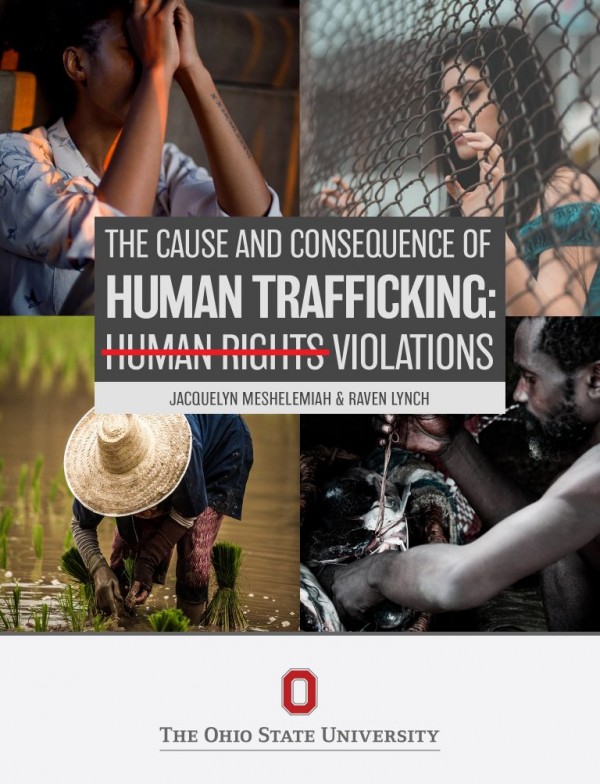Reaching Passionate Students Through Affordable Course Materials

Dr. Jacquelyn Meshelemiah is passionate about fighting human trafficking. She wanted her students to be passionate too.
However, when there are additional costs to a course (like expensive textbooks), some students are unable to take a class— even when the subject is something they really care about. Dr. Meshelemiah is combatting this with her newly redesigned course. By incorporating the use of a Pressbook, written by herself and her doctoral student, Raven E. Lynch, she is saving students an estimated $17,000.
We talked with Dr. Meshelemiah to learn more about how she used her Affordable Learning Exchange (ALX) grant to transform her course.
Q: What encouraged you to apply for an ALX grant?
I decided to apply for the ALX grant because I wanted to write a Pressbook on human trafficking and human rights. I wanted students to take my Human Trafficking course (Social Work 5005) and not have to pay $69+ for a textbook. I believe that excellent education should be affordable for all students. As stated by President Drake, “Affordable excellence is fundamental to who we are as a land-grant university.” As a faculty member, I am committed to the university’s position on access, affordability and excellent. Last, I applied for the ALX grant because I wanted students to focus on the course’s anti-trafficking content and not the cost associated with a text.
Q: Tell us about your ALX project.
My ALX project involved 1) surveying former students about costs associated with buying textbooks; 2) surveying students about new content to incorporate in a redesigned course on human trafficking; 3) redesigning my human trafficking course; 4) writing a Pressbook on human trafficking; and 5) evaluating the course after the use of the Pressbook.
Q: What inspired you to pursue this project?
Although I knew that my five-stage project would be a lot of work, I was inspired to do it because fighting human trafficking is important to me. Reducing the costs of an excellent education was also a priority for me.
Q: How did you go about writing your Pressbook?
I wrote the Pressbook with my first-year doctoral student, Raven E. Lynch. We often collaborate on projects and she was eager to collaborate on this very large project. Before we began this project, we sat down and agreed on a format for each of the 13 chapters and then we agreed to a rigid timeline in which to complete the project over the course of two semesters. I also talked with Alexis Duffy from the ALX team every Friday morning, which kept me accountable to ALX, myself and my co-author, Raven.
Q: How have your students helped shape the new course resources you’ve put together?
Students shaped the redesigned course because I relied on the data from a Qualtrics survey to inform me of needed changes. Before the Pressbook was written, we asked for very specific recommendations from students about content that they wanted to see in the course and the Pressbook.
Q: Why should other colleges and departments get involved with ALX?
It is a rewarding opportunity to perfect one’s craft, redesign a course, and eliminate the expenses associated with textbooks in one’s courses.
Q: Do you have any advice for others thinking about reimagining their textbooks and course materials?
I highly recommend that others take a long, hard look at their respective courses, solicit feedback from students, and then commit to curate new open materials.
Interested in hearing other stories like these? Visit https://affordablelearning.osu.edu/ to learn more.





